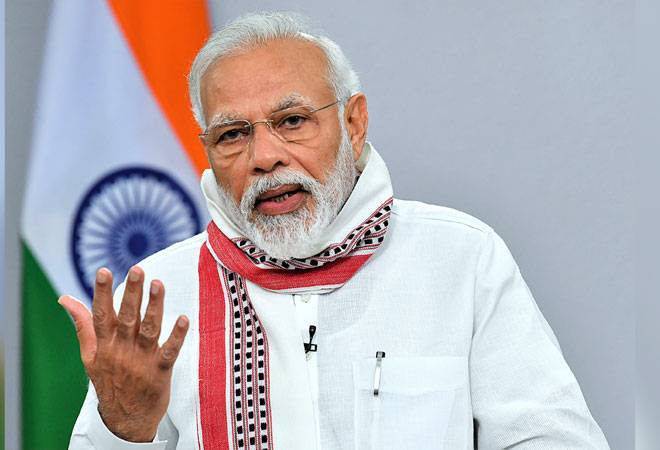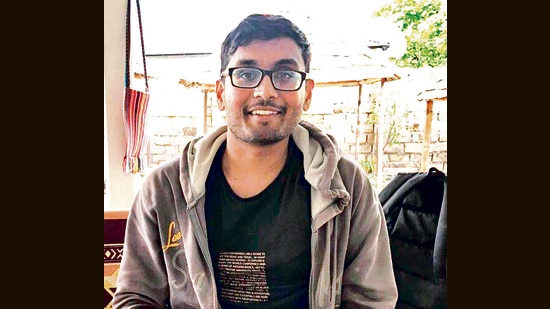Mother Teresa, born Agnes Gonxha Bojaxhiu, was an Albanian-Indian Roman Catholic nun and missionary. Born on August 26, 1910 to a family of ethnic Albanians in Skopje, Mother Teresa left her home for Irelands’s Rathfarnham at the age of 18 to join the Sisters of Loreto. She wanted to learn English in the hopes of becoming a missionary, and English was the language of instruction for the Sisters of Loreto in India. Mother Teresa, also known as Saint Teresa of Calcutta, will always be remembered for her contribution to society. Mother Teresa’s congregation cared for individuals with HIV/AIDS, leprosy and tuberculosis. Notable names from various fields have met the missionary to congratulate her for her selfless devotion towards mankind. As we celebrate Mother Teresa’s 110th birth anniversary on August 26.
In 1979, Mother Teresa received the Nobel Peace Prize for her humanitarian work. She died in September 1997 and was beatified in October 2003. In December 2015, Pope Francis recognized a second miracle attributed to Mother Teresa, clearing the way for her to be canonized on September 4, 2016.
On September 10, 1946, Mother Teresa experienced a second calling, the “call within a call” that would forever transform her life. She was riding in a train from Calcutta to the Himalayan foothills for a retreat when she said Christ spoke to her and told her to abandon teaching to work in the slums of Calcutta aiding the city’s poorest and sickest people. Since Mother Teresa had taken a vow of obedience, she could not leave her convent without official permission. After nearly a year and a half of lobbying, in January 1948 she finally received approval to pursue this new calling. That August, donning the blue-and-white sari that she would wear in public for the rest of her life, she left the Loreto convent and wandered out into the city. After six months of basic medical training, she voyaged for the first time into Calcutta’s slums with no more specific a goal than to aid “the unwanted, the unloved, the uncared for.”
Despite this widespread praise, Mother Teresa’s life and work have not gone without its controversies. In particular, she has drawn criticism for her vocal endorsement of some of the Catholic Church’s more controversial doctrines, such as opposition to contraception and abortion. “I feel the greatest destroyer of peace today is abortion,” Mother Teresa said in her 1979 Nobel lecture. In 1995, she publicly advocated a “no” vote in the Irish referendum to end the country’s constitutional ban on divorce and remarriage. The most scathing criticism of Mother Teresa can be found in Christopher Hitchens’ book The Missionary Position: Mother Teresa in Theory and Practice, in which Hitchens argued that Mother Teresa glorified poverty for her own ends and provided a justification for the preservation of institutions and beliefs that sustained widespread poverty.
After several years of deteriorating health, including heart, lung and kidney problems, Mother Teresa died on September 5, 1997, at the age of 87.
In 2003, the publication of Mother Teresa’s private correspondence caused a wholesale re-evaluation of her life by revealing the crisis of faith she suffered for most of the last 50 years of her life.
In one despairing letter to a confidant, she wrote, “Where is my Faith—even deep down right in there is nothing, but emptiness & darkness—My God—how painful is this unknown pain—I have no Faith—I dare not utter the words & thoughts that crowd in my heart—& make me suffer untold agony.” While such revelations are shocking considering her public image, they have also made Mother Teresa a more relatable and human figure to all those who experience doubt in their beliefs.
Since her death, Mother Teresa has remained in the public spotlight. For her unwavering commitment to aiding those most in need, Mother Teresa stands out as one of the greatest humanitarians of the 20th century. She combined profound empathy and a fervent commitment to her cause with incredible organizational and managerial skills that allowed her to develop a vast and effective international organization of missionaries to help impoverished citizens all across the globe.

Surjitt sahani











